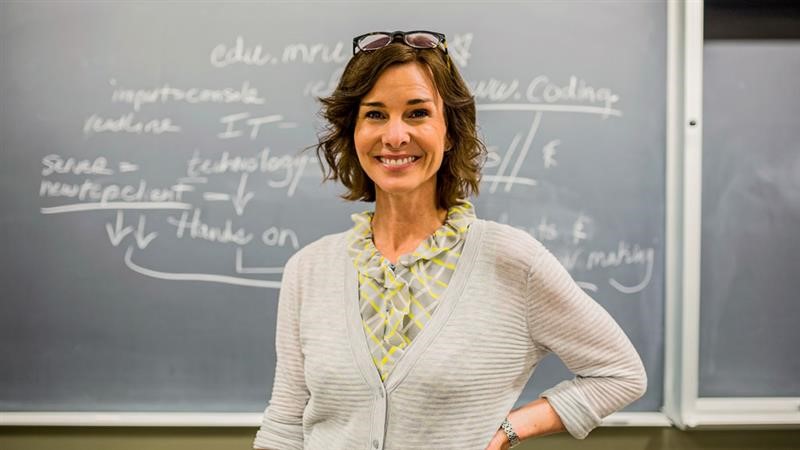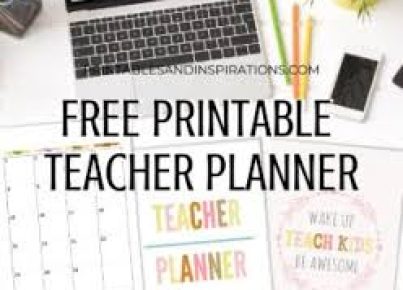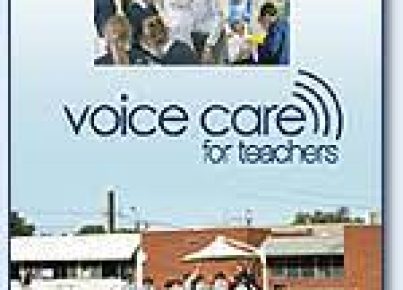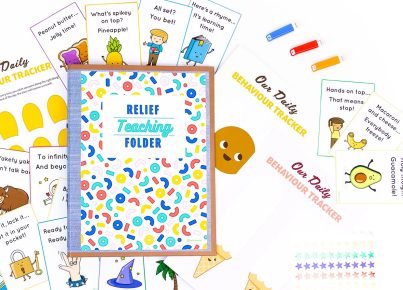Transitioning from being a student to an educator is a significant career shift. Graduate teachers, fresh out of college with their degrees in hand, find themselves in a new realm where they need to apply their learning practically and guide others on the same path. Here are 20 practical tips that every graduate teacher should arm themselves with:
1. Classroom Management: Understand that classroom management is more than discipline; it’s about creating a positive learning environment through clear rules and consistent routines.
2. Know Your Students: Learning names quickly helps build rapport. Engage with your students and understand their diverse backgrounds and learning styles.
3. Curriculum Planning: Become familiar with the curriculum standards you are expected to teach and how to develop lesson plans that meet these objectives.
4. Be Organized: Develop an organizational system for lesson plans, student work, and communication with parents and staff.
5. Time Management: Prioritize tasks and allocate time effectively for planning, marking, meetings, and professional development.
6. Communication Skills: Hone clear and effective communication skills for interacting with students, parents, and colleagues.
7. Continuous Learning: The education field is always evolving; stay up-to-date with pedagogical trends, technology, and subject matter knowledge.
8. Assessment Strategies: Learn varied assessment methods for gauging student understanding beyond traditional tests.
9. Inclusive Education Practices: Familiarize yourself with strategies to support learners with diverse needs and backgrounds.
10. Conflict Resolution: Be equipped to handle disagreements or issues that arise in the classroom professionally.
11. Reflective Practice: Regularly reflect on your teaching methods and experiences to improve your practice.
12. Use of Technology: Integrate appropriate technology to enhance learning experiences and administrative productivity.
13. Building Relationships with Colleagues: Establish positive and supportive relationships with other teachers and staff members for guidance and collaboration.
14. Understanding Legal Responsibilities: Know the legal responsibilities pertaining to student rights, privacy, safety, and reporting obligations.
15. Self-Care: Teaching can be stressful; make time for self-care to avoid burnout.
16. Professional Networking: Join educational forums or associations to connect with other teachers for ideas and support.
17. Parent Engagement: Involve parents in the education process through regular communication and involvement opportunities.
18. Flexibility: Be ready to adapt plans when unexpected situations or opportunities arise in class.
19. Classroom Decorum: Set a tone that promotes respect, attentiveness, and curiosity from the outset of your teaching journey.
20. Feedback Reception: Actively seek feedback from students, parents, and peers to improve your teaching effectiveness.
Equipping yourself with these practical tools will help you navigate the challenges of being a new teacher while developing into an effective educator capable of inspiring your students’ love for learning.





